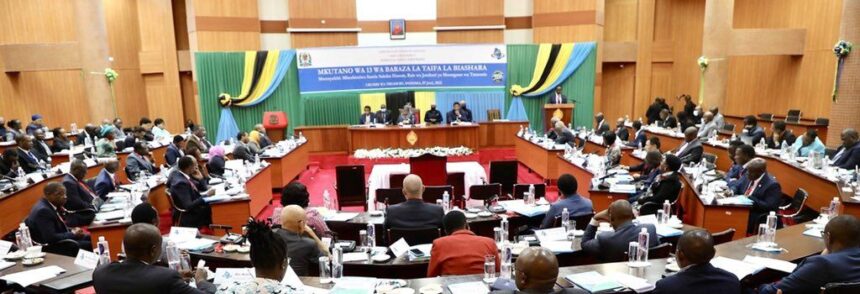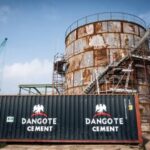The Tanzania National Business Council (TNBC) has set up a new task force focused on “blue business” to explore business opportunities and promote economic growth in the country.
The TNBC Blue Economy Task Force was launched in Dar es Salaam over the weekend. Members from various sectors, including the private sector, expressed hope that the group could contribute to Tanzania’s economic development.
Speaking at the meeting held at the Prime Minister’s Office in Dar es Salaam, the Deputy Under-Secretary (Alliance) in the Office of the Deputy Prime Minister, Abdullah Mitavi, spoke of the work of the working group to identify opportunities for the blue economy to support the growth of the national economy.
He explained that the initiative follows the directives of President Samia Suluhu Hassan, following the 2012 Rio de Janeiro and 2019 African Union (AU) summits, which demonstrated the potential of the blue economy to promote trade across Africa.
- Advertisement -
This growth can be supported by the exploitation of the seas, rivers, lakes and aquatic environments, including fish and seafood.
Mr. Mitavi noted that Zanzibar began implementing the Blue Business Act in 2019 and has made significant progress, including the creation of a special agency to oversee its activities.
Regarding the mainland, he said that the blue business policy was implemented at the beginning of this year and that the next step is cooperation. The Office of the Vice President, particularly the Department of the Environment, is responsible for this task.
The blue economy is said to be an intersecting area affecting many sectors such as agriculture, mining, natural resources, tourism, energy, manufacturing, trade, technology, protecting the environment, capital and water.
“We are here to explore both the opportunities and challenges within the Blue Economy and to develop recommendations that will ensure this sector makes a substantial contribution to the growth of other sectors in the country,” he said.
- Advertisement -
The head of the blue economy of the United Nations Development Program (UNDP), Ambrose Mugisha, stated that the International Monetary Fund (IMF) has predicted that Tanzania’s economy will double in size in the next decade, making the agricultural country a leader in the world economy.
This growth will be driven in part by opportunities in the blue market thanks to the country’s abundant water resources, including seas, rivers and lakes.
He also said that Tanzania’s population should reach 100 million in the next 10 years and that many people will play a key role in the success of the blue economy with practical advice.
The blue economy is expected to be one of the fastest-growing economies in the world in the next 10 to 15 years, according to the International Monetary Fund.
For this reason, President Samia Suluhu Hassan recently visited countries such as South Korea to explore potential areas of cooperation.
The head of the EU’s natural resources department, Lamine Diallo, said the EU was giving money to various blue-collar businesses in Tanzania, focusing on areas such as fishing and climate change.
TNBC Director Dr Godwill Wanga noted that one of the main outcomes of the meeting was the agreement on the need to develop Tanzania’s blue financial zone.










